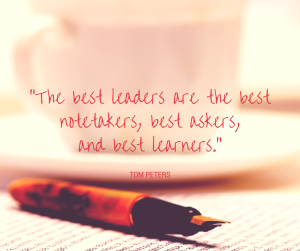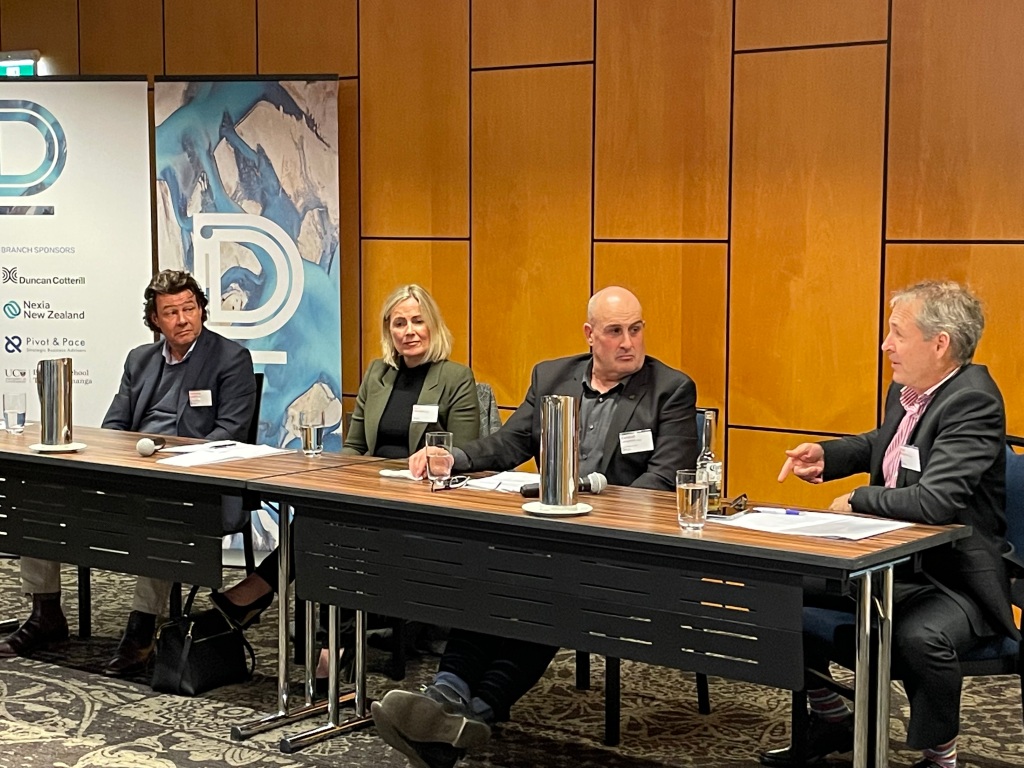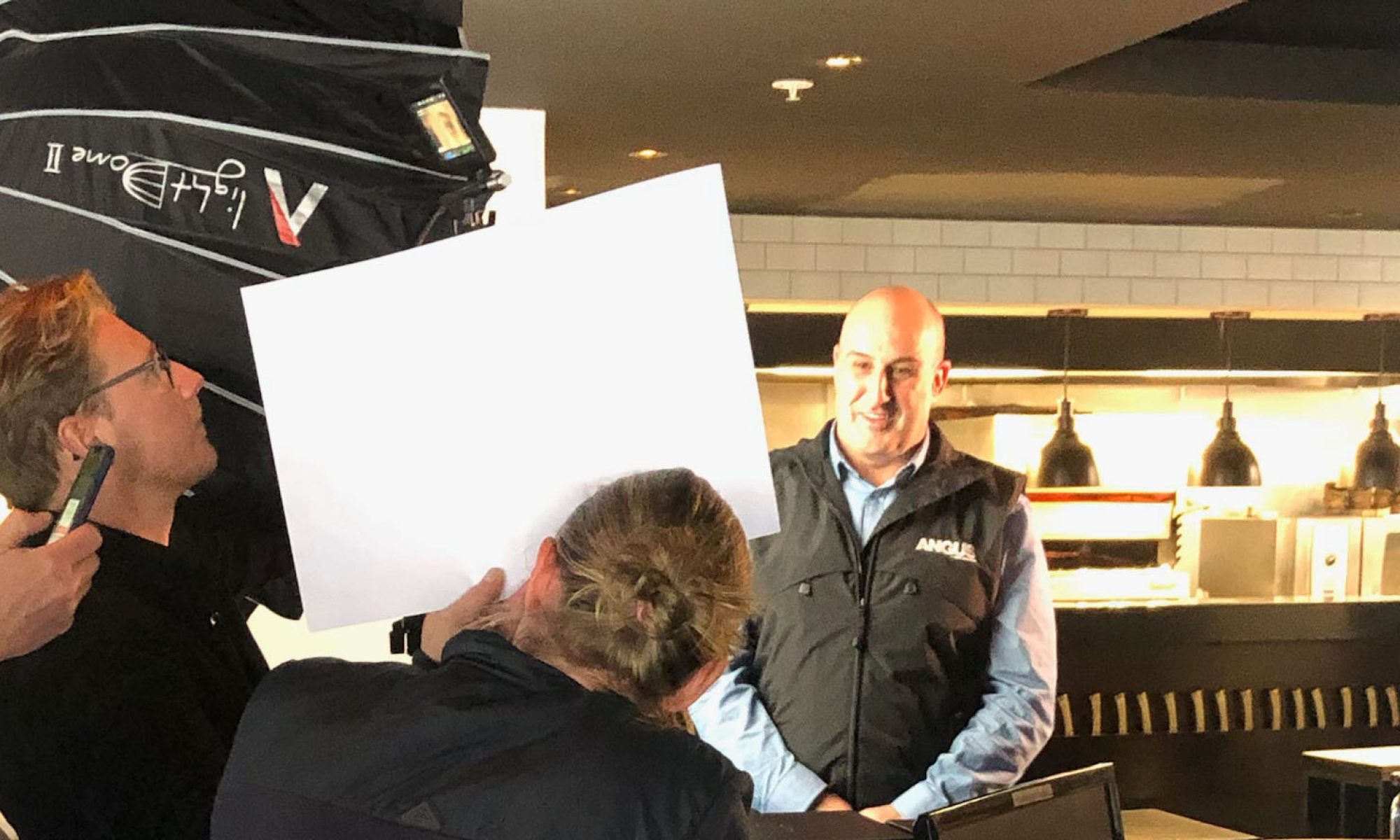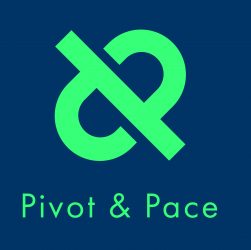
Last year I went out to our Company network of Clients, thought leaders & Business leaders and asked them what they had learnt in 2013 and what they felt they would face in 2014. I was overwhelmed with the response and it took a lot to collate the feedback and to be able to articulate it. The resulting blog was one of my most read across 2014 (Link to it here).
This year I asked the same network (which of course has now grown quite extensively) the same questions. This includes Chief Executives of both publicly listed and privately held Companies across a vast range of industries. Mainly New Zealand and Australian Companies but also the USA and Canada. Some good friends (including John Spence) put it out to some of the Chief Executives in his North American network who also happily contacted me. I also asked my wide Military network of leaders (many still serving & many leading organisations all over the globe) and included senior leaders from other Government Enterprises. During 2014 we also had ongoing feedback from over 1000 business leaders who attended our speaking and leadership training events. Many of these were introduced through ASB Business banking and partner relationships with other professional services leaders including Accountants, Legal Firms and Leadership and Strategy Consultants and some of the Business Bank staff themselves from both Westpac and ASB.
I got some fantastic feedback and I thank all those who put so much effort into answering the questions I posed. Many commented to me on just how valuable they found it to have a reason to sit down and reflect on 2014 and the year ahead. Many also realised just how busy they have been, how much change they have been leading and just how much they have achieved. I worked through all this feedback before rereading the blog I wrote in November 2013. There are similar themes around talent but it shows definitively that the rate of constant change has really started to increase. More so than in 2013. This is particularly so in Christchurch (post earthquake boom) but is also reflected across all markets, countries and is the new big challenge for Chief Executives regardless of the size of their organisation.
What were the Leadership Lessons you learnt in 2014 (and/or Observations you have made);
1. “Change is Constant and is Both the Opportunity and the Challenge”: The Rate of Change is Increasing. Almost every respondent referred to the impact and effects of change and the challenge of getting things done (Execution). There is more change and it is constant. Leading through change is challenging and many referred to “expecting the unexpected” or the possibility that anything could happen (especially unplanned) and there was a need to iterate, be flexible and involve your people. To avoid stress the best method was learning “not to sweat the small stuff” or to “roll with it”. Self reflection was important as was having someone external who could help a leader to see the bigger picture and to take a more “unemotive” view point as to what was going on within their team/company. Planning was seen as important and doing more of it than ever before. Many feel it is important to develop new/better leadership skills to be able to lead change and to be able to get “stuff done”.
2. “Technology and the Younger Generation of Workers is having a major Impact”: Technology change and innovation is now affecting all leaders in some way. New cloud based software applications and mobile smart phones (and devices) are allowing for better information. This brings the challenge of training to use them effectively, integrating different software solutions and needing the work force to have different skill sets. Talent is hard to find, attract and retain and they expect different things. Collaboration (and a sense of fairness) is how young, smart, technology savvy employees work and thrive and this is now starting to show across the board. Challenging top talent, encouraging innovation and new ideas and building a high performing culture is key to retaining top people. On top of that, holding employees accountable to doing what they say they will do and getting them to consistently be highly productive has been a big challenge in 2014. Learning new leadership skills, building cultures that allow a “work/life” balance and training people has been a focus for many Chief Executives. Dealing with non performers is recognised as critical, most want to be better at it and have a desire to weed the “culture killers” out faster than they currently do. The challenge of growing as a “Leader” was referred to time and time again.
3. “What your Client Thinks and Says about your Company is Critical to Growth”: The last big theme to come through was reputation, brand strength and client loyalty. In an increasingly global economy and with the impact of social media, it is important to have people who love your products or services. Many Chief Executives referred to “getting cut through” in a busy market, being close to key clients and asking them regularly for feedback. It was generally accepted that print media is dead and that the future lies in the online, digital and social media space. Smart branding, immediate feedback (positive and negative) has a major impact on business growth. Most Chief Executives want to get better in this space, many are very involved and some (approximately on third of respondents) felt they would never catch up or get ahead of the change in this space. Many felt that getting their culture right and by having engaged and well trained people that clients would be taken care of and there was a desire to be able to canvas clients more easily (for feedback) and to measure it.
The next question I asked was “What are the challenges you feel you will face as a Leader in 2015?”
1. “The challenge of finding, recruiting, training and retaining top people is the Number one Challenge”. By far the most respondents considered the challenge of getting good people to join and stay in their Company as the biggest challenge they feel they face in 2015. Making it happen, getting better at recruiting, identifying top performers and then leading them is considered to be a major development area for the future of their organisation.
2. “Leading in Uncertainty”. A big challenge in 2015 is being able to lead in uncertainty. How to lead young people, other leaders, people in their team who are smarter and more technology savvy during times of change & uncertainty is a concern of many respondents. Understanding how to motivate and lead when the way ahead is unclear or simply unknown is something may want to learn about. A fear of making big mistakes, a need for good advisers (Financial, Strategic, Governance) was a major theme as was the feeling that the leadership space is a lonely place. More mentors and people they can trust, as well as interaction with peers and other leaders in similar situations were identified as being of high value to them in 2015 and leading in the future. Delegating to others to get things done was also seen as being critical to growth in the year ahead as was getting closer to customers and planning at the operational and strategic level.
3. “Focus and Getting things Done”: How to get “cut Through” or “focus” is seen as being more and more importance. 2015 will require more execution of the important things. Many want to spend more time planning and getting things done. Separating the “urgent from the important” is increasingly important to maximising production, resources and profitability. It is also getting increasingly harder to achieve. Focus on which customers to deal with, where and how to Market, what technology tools to invest in etc are all seen as key to getting really clear on what needs to be done. Then the challenge is to actually “make it happen”.
These were the main feedback areas that i have been able to collate. Of course there were hundreds of other comments, thoughts and reflections. Some themes that came through in not particular order;
- A desire to have access to like minded networks of people.
- Many are preparing for the next economic downturn and actively wanting to retain people & capability.
- There were many who face the challenge of remaining profitable and competitive and the challenge of retaining and growing market share.
- There were many facing succession challenges.
- Getting better governance was a theme. Really valuable Board level advice.
- More planning and third party reviews.
- Specialist and generalist Leadership training is in high demand. In fact a recognised need for training in general is constant.
- Learning to negotiate and lead in partnerships and in a more political (competitive) environment is needed by some.
- Delegating and learning to trust.
- Many Directors spoke of the need for them to get out of the way more. To let their people step up and own their roles.

Overall this has been an interesting and humbling experience. It is a privilege to interact with clever and busy leaders and to hear their reflections and desires. It is useful for us as an organisation that “Leads Business Leaders” because in effect it helps us to deliver better high value services which will truly support and assist those who we work with. That said most of the stuff identified here does not cost a lot of money. In the main it requires a focus on some of the Leadership or “softer skills”. The ones that are least talked about and the least trained for. It requires some change to the way you may interact, spend your day as a Chief Executive or what you will measure and therefore manage.
So what have you learnt in 2014 and what do you think you will face in 2015? Are you planning to succeed? Are you doing enough to stay ahead of change, technology and do you really know what your clients think about you?
Have a happy and safe Christmas and New Year and a big thanks to all those who have offered their feedback and thoughts.

Other stuff I you might like;
– Our social media wall which collates all our feeds and many other high values Leadership and Business resources. (Link Here)
– My Linkedin profile if you want to connect (Link here)
– Pride, Passion and Excellence. What I learnt from Anthony Leighs, CEO and Founder of Leighs Construction (link here)














